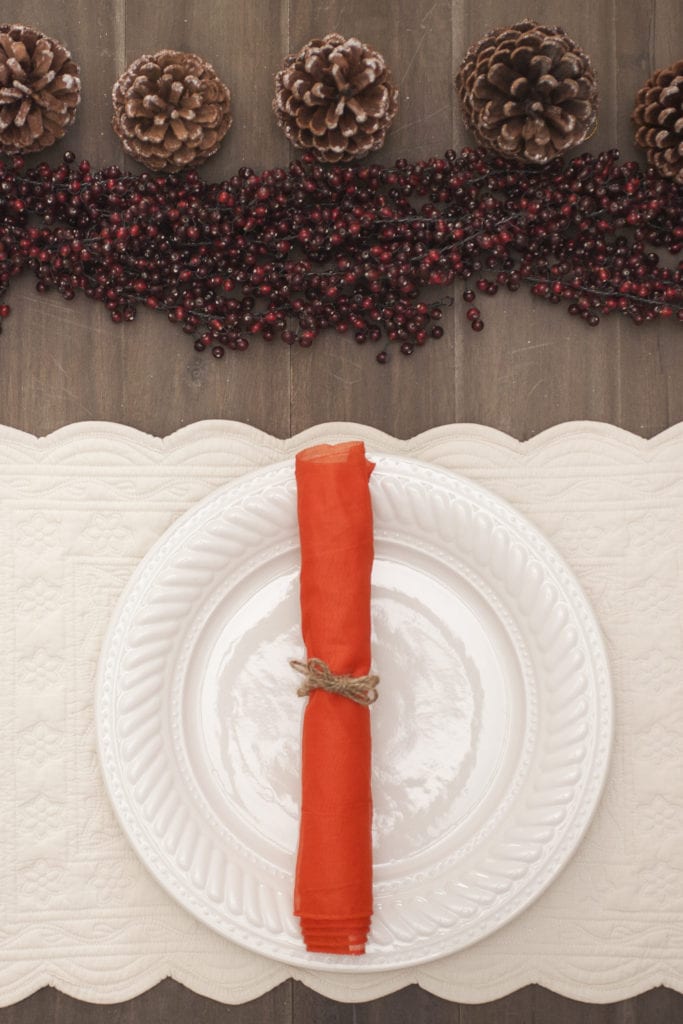If you’ve resisted this recent fad because you don’t believe it, or you think it’s well, just gross, read on. Researchers writing in the Archives of Women’s Mental Health, reviewed 10 medical studies including four with humans and six on animals. While some studies found a possible link to improved lactation for example, studies were either performed without adherence to standard scientific practice or were inconclusive. There are no randomized placebo controlled studies of eating placenta or placenta consumption.
People have been suggesting that moms eat the placenta raw, cooked, dried out, or pulverised and put in little capsules. Touted benefits range from treatement of post-partum depression, maternal bonding, lactation and faster uterine recovery. While any or all of these might be possible, the science is just not there to prove that eating your baby’s placenta has a real benefit. So any doubts you may have about the wisdom of this practice are well-founded.
At the same time, we do know that the placenta is not sterile. If you do decide to eat your placenta in the hopes of any of these benefits, do so with caution and only after speaking with your health professional.
